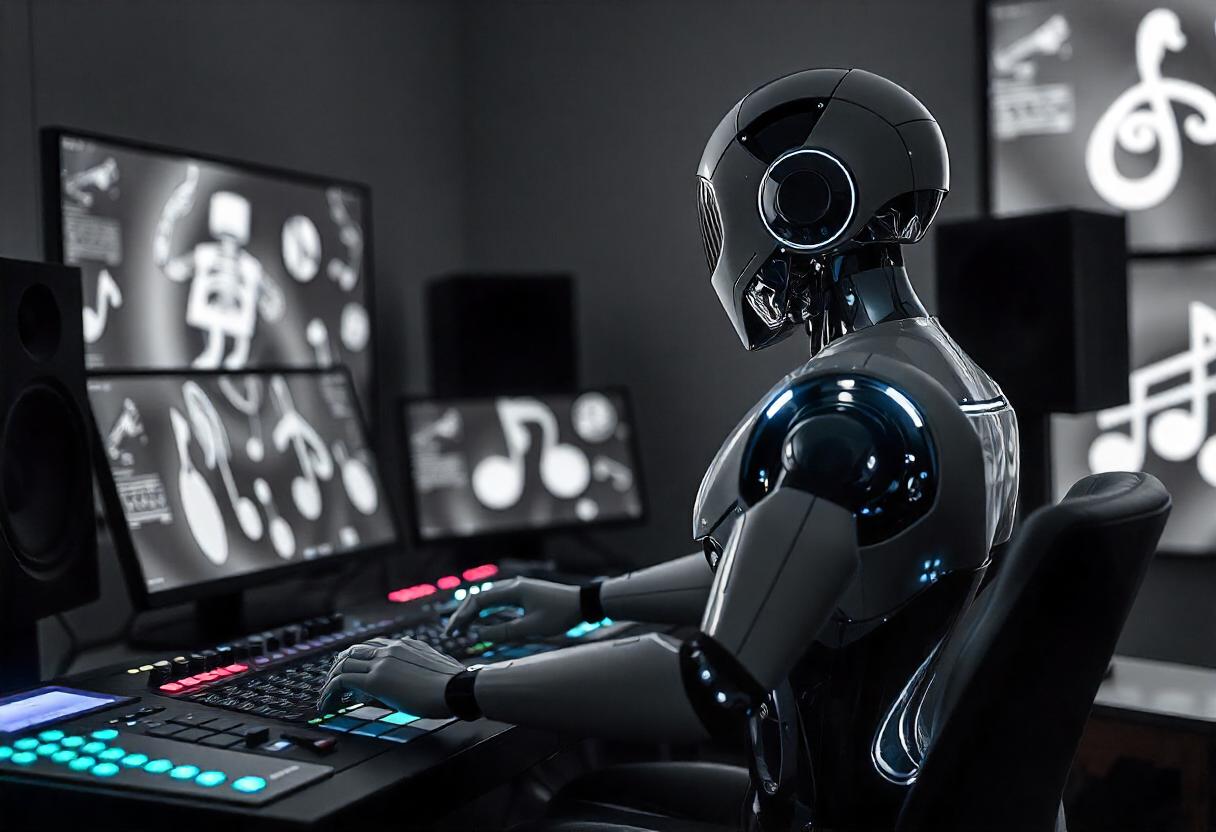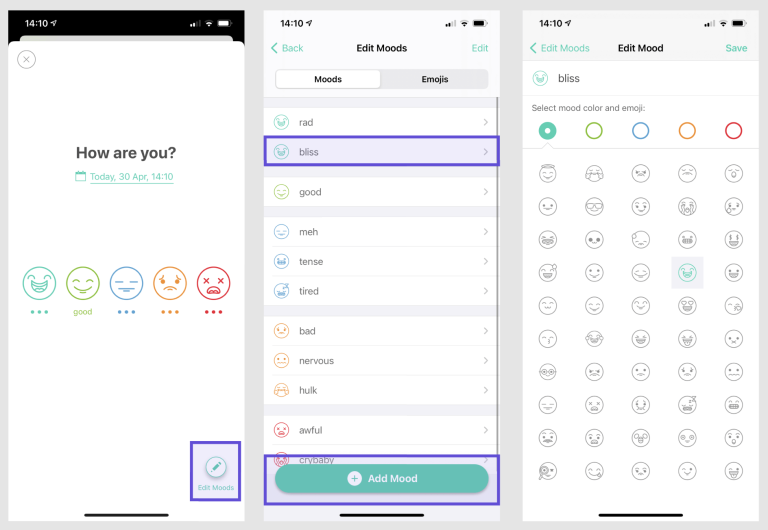The music business is not an exception to the way artificial intelligence is transforming sectors worldwide. AI is a strong force that is transforming the way music is produced, delivered, and enjoyed, from creating melodies to reshaping how music is sold and consumed. However, what does this imply for musicians, record labels, and the music industry as a whole? Let us see.
The Current Role of AI in Music Production
AI has developed into a useful tool for music producers, enabling them to push the limits of what is possible. Tools like AIVA (Artificial Intelligence Virtual Artist) and Amper Music can compose music in various styles, enabling users to generate background scores or even full-fledged compositions with minimal effort.
These tools rely on machine learning, a form of Intelligent Technology where systems learn patterns from large datasets of music to replicate genres and moods.
AI is revolutionizing not only songwriting but also sound design, mixing, and mastering. Automated mastering services like LANDR enable independent musicians to produce high-quality audio at a far lower cost.
Streaming platforms like Spotify and Apple Music also employ AI to analyze listening habits and deliver personalized music recommendations, ensuring listeners discover songs tailored to their preferences.
How Record Labels Are Leveraging AI
Artificial intelligence is becoming a vital tool for record labels, especially for talent scouting and audience targeting. By using predictive analytics to forecast trends based on historical data, labels can find potential hit songs and learn what appeals to certain audiences.
AI also aids in the search for new talent. Labels can identify rising talents with a high chance of success by examining social media engagement, streaming stats, and fan interactions.
Record labels gain an advantage in a competitive market thanks to this data-driven strategy, which simplifies their decision-making.
The Impact on Independent Artists
Artificial intelligence has made the competitive music environment more equitable for independent artists. Previously, high-end production tools were only available to individuals with significant financial means.
Artists may now compose, produce, and release their music without the need for costly facilities or teams because of this cost-effective AI-powered software.
For example, an artist can use AI to create backing tracks, automate repetitive production tasks, and even simulate orchestral arrangements. This democratization of music production has fueled a wave of creativity and experimentation, allowing artists to express themselves in ways previously unattainable.
Challenges and Ethical Considerations
Despite its advantages, the use of artificial intelligence in music presents significant issues. One of the main issues is authenticity. Can AI-generated or AI-assisted music evoke the same emotional depth as music written by humans alone? Some argue that AI lacks the life experiences that contribute to truly meaningful creativity.
Copyright is another gray area. If an AI system generates a piece of music, who owns the rights—the user or the AI creator? These questions remain largely unresolved, and as AI continues to evolve, legal frameworks will need to catch up.
The Future of AI in the Music Industry
More AI integration into music is anticipated in the future. AI could enable musicians to try out adaptive, real-time music production as a collaborative collaborator. Imagine a live concert where AI and machine learning enable the music to shift dynamically in response to audience reactions.
Additionally, AI is set to enhance immersive experiences. Virtual and Augmented reality (VR/AR) concerts, where attendees can enjoy personalized performances, are already in development.
This innovative and technological combination has the potential to completely change the way we listen to music.
The Final Note
AI has already changed the music business, helping record labels improve their tactics and allowing independent musicians to produce at professional levels. As time goes on, preserving the essence and authenticity of music will require finding a balance between the advantages of AI and the irreplaceable human touch.
Navigating this fascinating new period will require a keen understanding of AI’s potential and limitations, regardless of whether you’re a musician, music enthusiast, or someone just starting out in the field.
By fostering a mutual relationship between human ingenuity and technological advancement, the music industry can continue to innovate while preserving the emotional and cultural essence that makes music so universally impactful.






